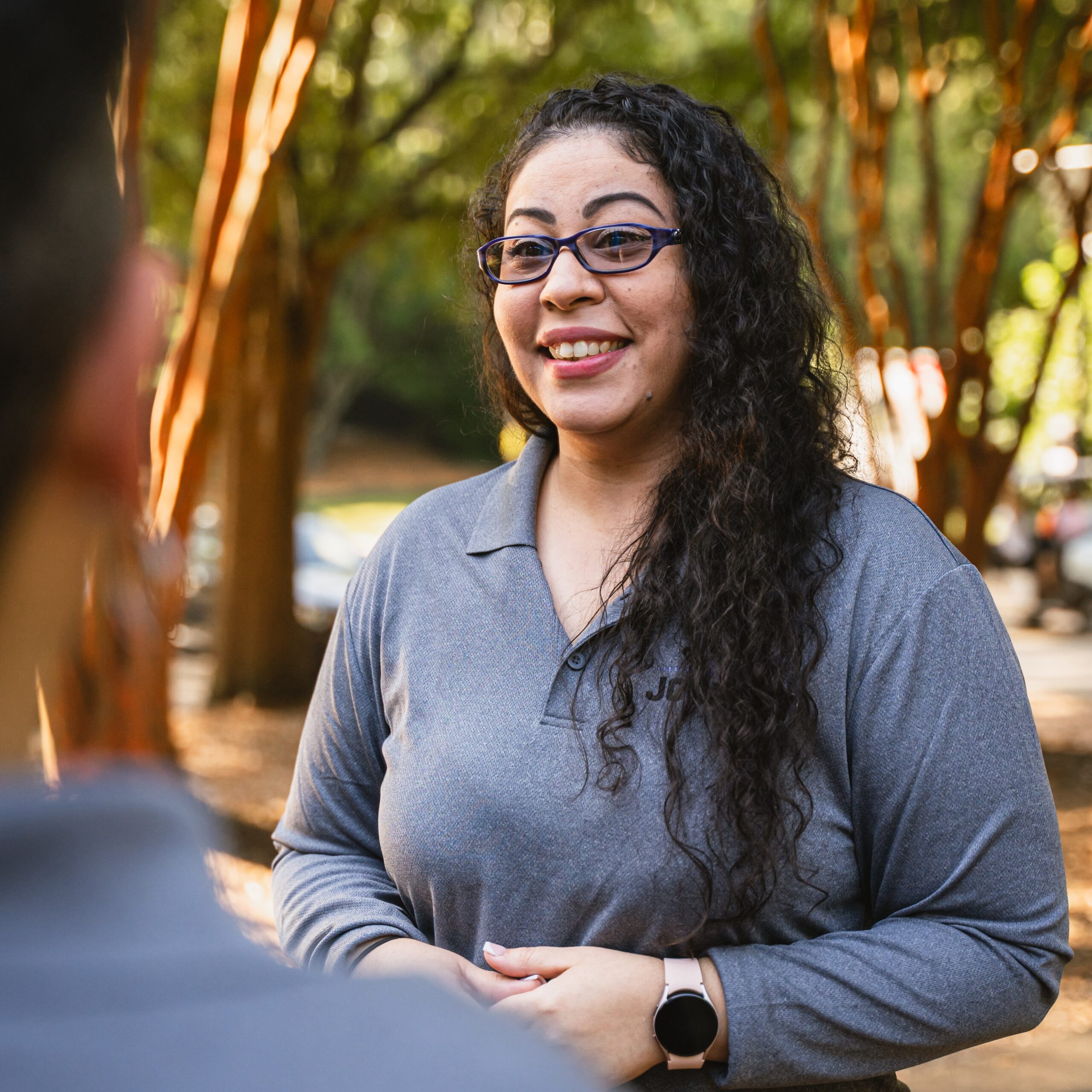Training
We provide standardized training that is delivered through the community college system, along with other specialty trainings throughout the year.

NC Community Health Worker Standardized Core Competency Training (NC CHW SCCT)
The North Carolina Community Health Worker Standardized Core Competency Training (NC CHW SCCT) was developed by Jennifer Norville and Erica Hall, CHWs and Master Trainers, and is based on findings from the NC CHW Stakeholders' Recommendations. This training is offered exclusively at several community colleges in North Carolina and covers nine competencies that develop and enhance the knowledge and skills of CHWs in North Carolina.
Find a NC CHW Standardized Core Competency Training (SCCT) Near You
Are you a Community College interested in offering SCCT?
Are you an instructor interested in teaching SCCT?
CHW Core Competencies

Communication
Be an effective listener to learn about client’s experiences and needs; Communicate effectively during conflict or stressful situations; Be well versed in group communication skills to provide health education and community advocacy to groups served.

Interpersonal
Work with diverse groups of people and develop relationships with clients, community members, supervisors, nurses, social workers, and policy makers to improve the lives of their communities and meet the needs of others.

Service
Coordinate the care of their clients; Create plans to follow for improving health for their client or community that will require the coordination of services.

Capacity Building
Support their clients and communities through building new skills and promoting confidence in their own health, such as building upon communication skills, reducing of risk behaviors, community organization, and advocation skills.

Advocacy
Advocate for their clients and communities among agencies, service providers, and support changes to public policies; Speak up to create change that would improve the health and well being of their clients and communities.

Education
Educate their clients and communities on how to prevent and manage health conditions, provide support in developing healthy behaviors, and advocate for social change.

Outreach
Provide outreach to individuals and communities about services that are available and encourage enrollment of those services.

Knowledge
Know and recognize social determinants of health and health topics that impact their clients and communities, to be able to give support and provide information on these topics.

Personal
Have personal skills to be more effective in promoting and advocating for their clients and communities.
